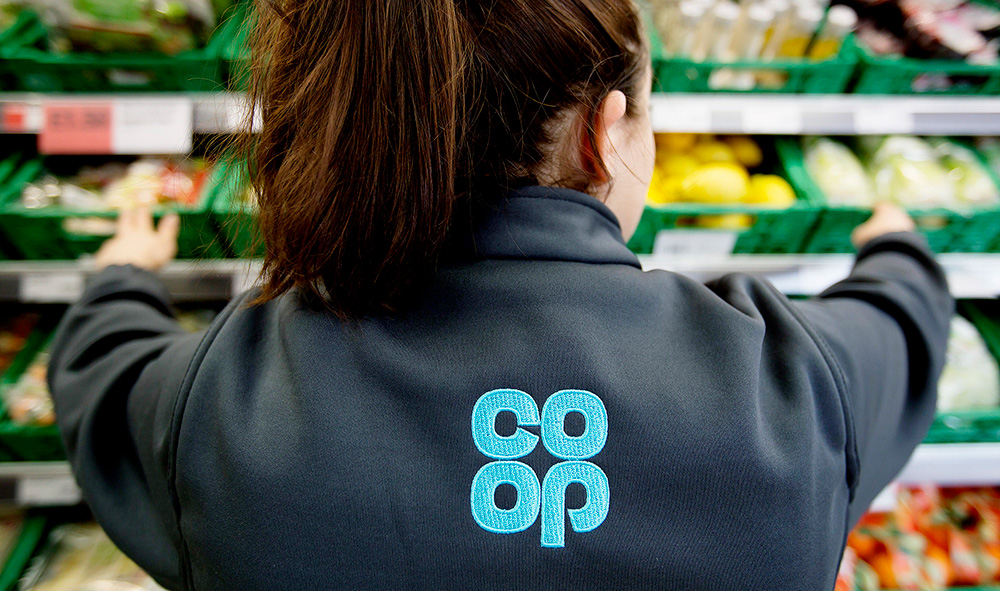In today’s cost-conscious environment, business leaders are being asked to do more with less. At the same time, the lasting impacts of the COVID-19 pandemic mean well-being is more important than ever before. Meeting these needs requires businesses to lean on digitization and automation of health and safety processes. These digital tools must also be integrated with central IT systems, allowing for greater accuracy and alignment as businesses grow and evolve.
It comes as no surprise then that most organizations now view safety culture as a key pillar of corporate identity, on par with compliance. Yet only 40%[1] of businesses have a well-defined roadmap for safety performance improvement, and just 36%[2] use lessons learned to prevent future incidents. Given the dynamic challenges of today’s business environment, this is a significant missed opportunity. Historical data can provide insight into how to build a safer workplace for colleagues, a better product for customers and a more resilient business. Read on to learn how Co-op, one of the world’s largest consumer cooperatives, used Sphera’s health and safety software to deploy incident data as a tool for prevention.
